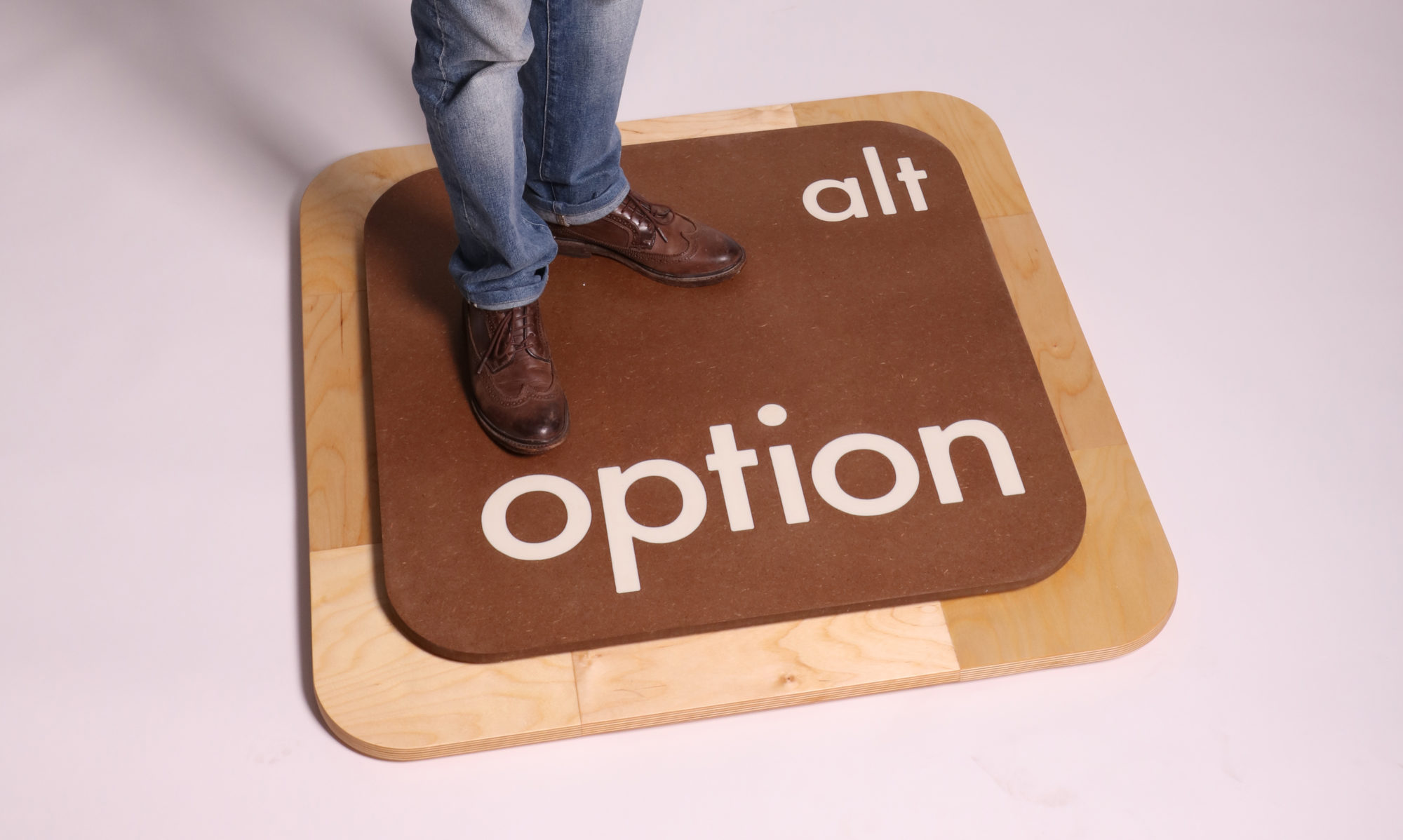There’s no doubt about it; Big Tech controls our minds and lives. Within my lifetime, Facebook has gone from not even existing as an idea, to being the most influential corporation in history. The amount of power we grant to Google through our usage shouldn’t be treated lightly. At one point in the documentary, someone mentioned how 25 guys in a room in Silicon Valley have the power to make decisions that affect and control humanity. As terrifying as this thought is, it doesn’t seem to be far off from the grim reality that faces us. It doesn’t seem to be an original thought to make the statement “social media = bad”, but I don’t think this makes it any less true. Whether it is feeding us misinformation that spreads like a wildfire or capitalizing on people’s fear, there is no doubt that the profit driven business models of these internet services can cause immeasurable harm.
The statistic about the increasing rate of suicide and self harm amongst adolescent girls since the inception of the internet was particularly alarming. Occasionally, I will open the augmented reality filters on Snapchat and several of them are particularly weird and funny, just perfect to send to friends. However, when I click on one of the beauty focused ones and then tap back to the regular camera view, I am startled by how “off” my own face looks. Imperfections are drastically highlighted in the contrast between the altered view, and reality. I experienced this in just a few moments of using my phone, so it’s not hard to imagine some of the more extreme cases of body dysmorphia that could occur through constant use of these filters.
In my opinion, companies should absolutely have regulations regarding their habits of data collection and the ways that they use said data. In a world where I don’t care to remember what I ate for lunch three days ago, it’s bizarre to think that an audio clip of me saying “Hey Google” when I was 13 years old still resides on a server somewhere, and likely still will long after I am dead. In general, I don’t think most people realize just how much of their data has been and continues to be farmed, as well as just how inescapable it all is.
Since the first time that I watched this doc last year, I have been much more conscious of my own interactions with my phone. I have aggressively analyzed and deleted apps that I no longer use, and removed many permissions from the apps that I do use. I disabled notifications for pretty much anything that isn’t a direct text message. Every time I check my phone, I try to do it with intention. If I unlock my screen, I already have a goal of what I am going to accomplish so that I don’t just swipe aimlessly checking things out of boredom. A smartphone is still something that can provide a lot of utility to us and it can be hard to live without, but by being aware of the powers it has over us, we can begin to reclaim a bit of our lives. As a whole I think the documentary makes a very compelling argument for at the very least being more cynical about the workings and intentions of large internet companies. As our real world and the online world become increasingly the same, we have to continue to adapt and always stay vigilant.
